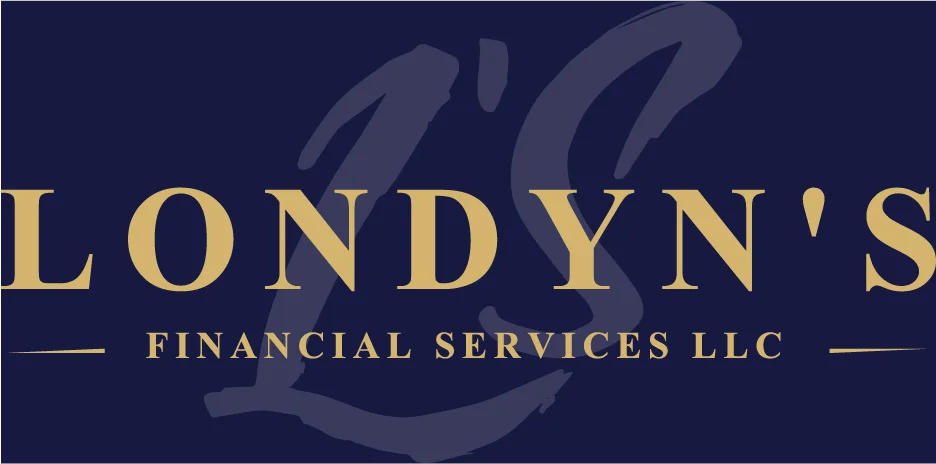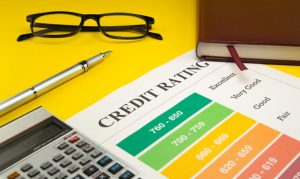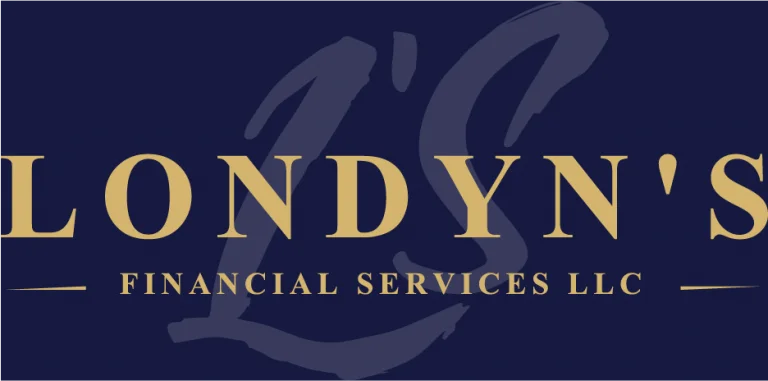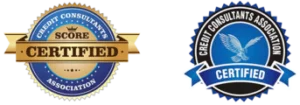Credit may seem like a trifle and fickle thing, but it can be demystified and used to help better your credit rating and score. Credit is when you borrow money against your own name in order to make payments on an item of high price or value. The highest forms of borrowing are often vehicles and homes, though jewelry, electronics, recreational vehicles, and many other items are available on credit, even furnishings and home goods can be bought on credit. With the expansion of credit over the past few decades’ store have cropped up their own store credit cards that you can use to purchase items in their stores and on their websites on credit.
The positive of credit is the ability to finance something you cannot immediately afford and the option to build a solid credit rating, or name, for yourself for future borrowing power for the larger items like a house, which for 98% of people requires a loan. This borrowing power can also be extremely useful in the time of emergency when funds are low due to job loss, medical problems, injury, catastrophe, or a death of an income earner. Borrowing allows people to get through these tough times without sacrificing their quality of life.
The negative aspect of credit is that it has allowed people to live outside their means and every day millions of people find themselves further in debt. While, this funds credit card companies, it can bring great hardship to those experiencing high levels of debt. Credit, when used wisely, can offer opportunities where there are none and help you find a greater level of borrowing in the future and help during a present situation, but when used unwisely can push you into a worse financial situation and negatively affect your future borrowing power.
When you turn eighteen it seems that every bank and financial institution in the country suddenly has your personal information and wants to offer you “free money”, this is a dangerous time and you should avoid a good majority of these offers. It is wise to open one account, but only charge during a month what you are able to pay off completely before the due date. One or two open revolving accounts that are constantly in good standing offer a great way to build good credit. This can also be used when someone is bouncing back from bad credit or a bankruptcy, but can also be a slippery slope if you have not broken your bad spending habits.
Your credit report offers a reporting mechanism through three major agencies (Equifax, Experian, and TransUnion) that gather account, financial and personal information about you from the creditors and bills you have to form together with a credit rating and thus a credit score that represents your ability to pay the debt, your timeliness in paying your bills and how often you move or change jobs. While, much of this information may not seem connected it is all used to gauge whether or not you are a person worthy of credit, a job or even renting an apartment. So, it’s vitally important to set a good credit rating and practices from the start as credit impacts your entire life. Some bad credit and financial practices can lead to bankruptcy which allows the debtor to wipe their debt clean, except for a few different areas (like school loans, taxes due, and others) and start over. While this may seem like a dream to many, it sets you back and means you not only have a note on your credit report showing the bankruptcy and your inability to pay any of your bills, but now you have essentially no credit and have to start over as if you were eighteen again.
Regardless of how you choose to handle your credit and your potential borrowing power, it’s important to take the time to understand the credit rating and reporting process, not to mention the staying power they both have. Credit ratings, scores, and reports are essential to the quality of life and options available to individuals and can have a direct effect on your status or level of success throughout your life. Take the time to understand these things and work to set yourself up for better financial success.





